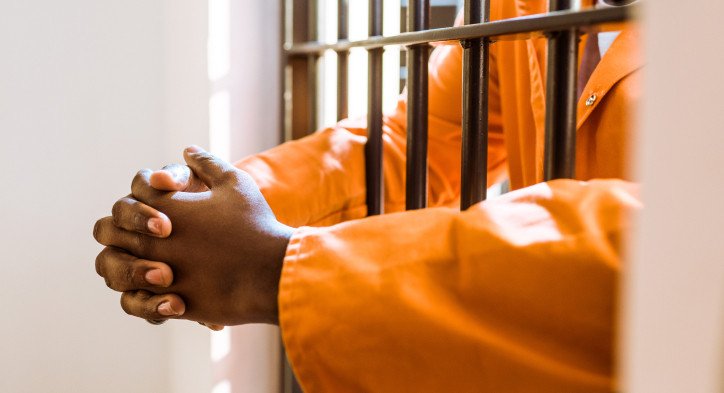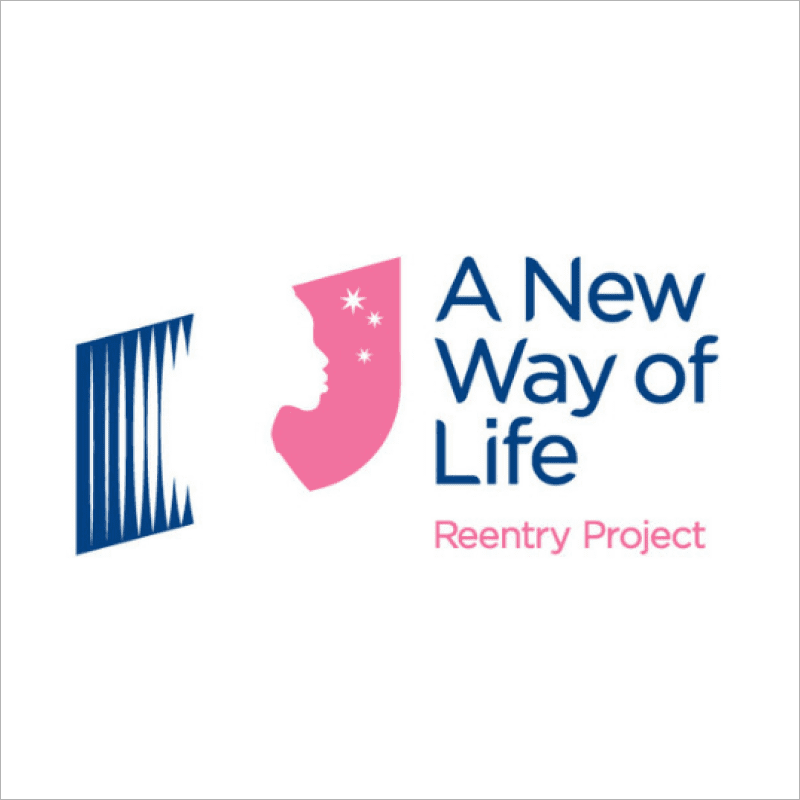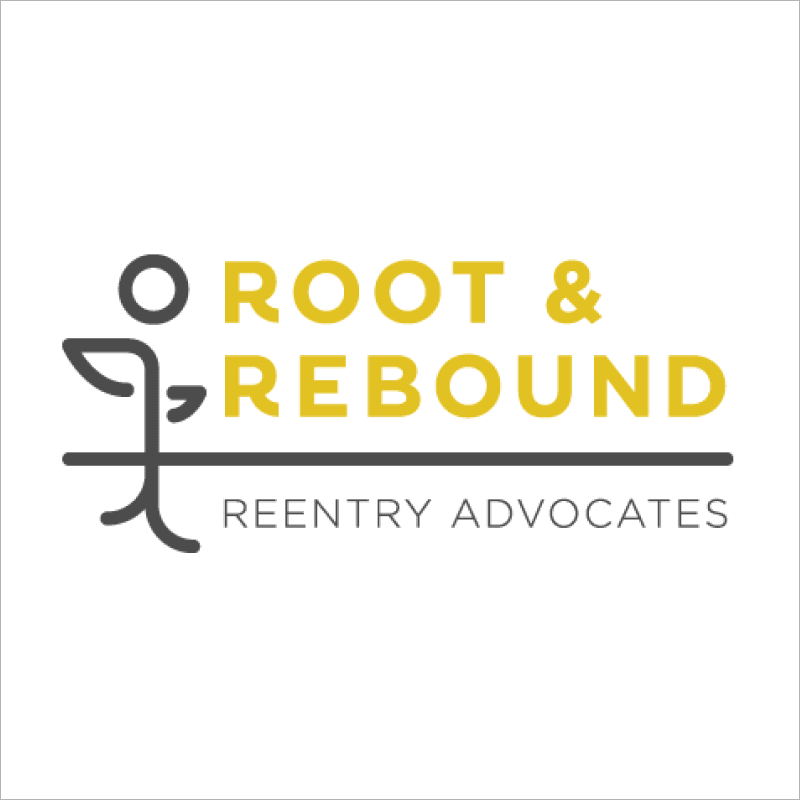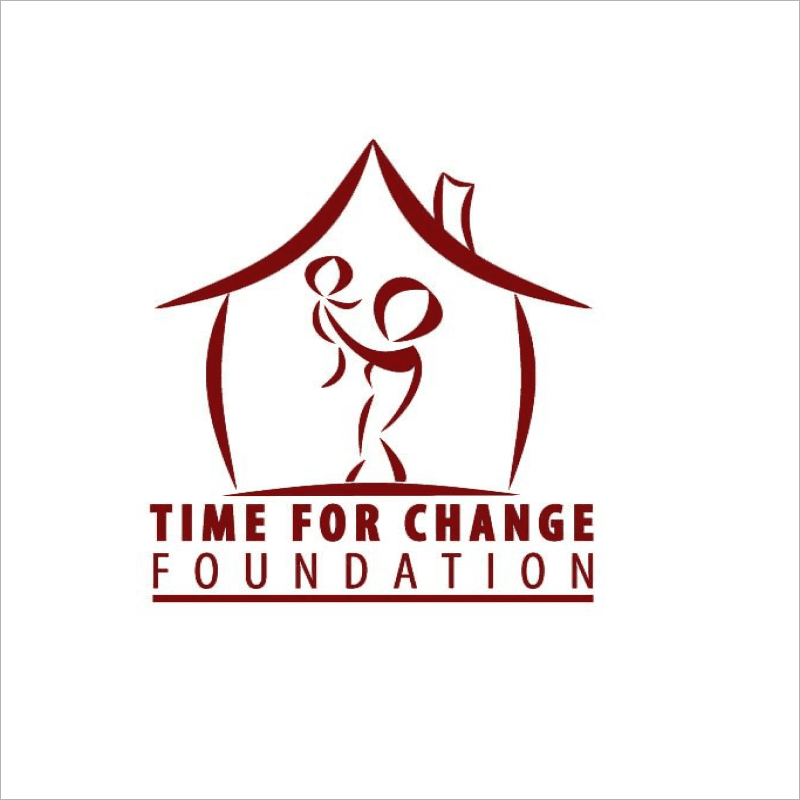Re-Entry for Formerly Incarcerated Women
Overview of the Re-Entry Initiative
Creating opportunities for health and wealth for formerly incarcerated women
Due to systemic and structural racism, women of color are overrepresented among those incarcerated at the federal, state and local levels. Once released from jail and prison, formerly incarcerated women face significant barriers to building stable and healthy lives — exacerbated by racism — including unemployment and lack of access to education, permanent housing, and health care. Our Re-Entry and Employment Initiative aimed to ensure that formerly incarcerated women, especially African American and Latina women, achieve health through financial well-being.
 Prop 47 Creates Opportunities
Prop 47 Creates Opportunities
In 2014, California voters passed Proposition 47, which resulted in fewer people being sent to prison for low-level crimes. Nationally, and in California, women were disproportionately incarcerated for property and drug-related crimes, the same crime types reclassified as lesser offenses under Prop 47. We awarded grants to A New Way of Life, Justice Now, Time for Change Foundation and The Praxis Project in partnership with the Center for Collaborative Planning, which created the Women Organizing Re-entry Communities of Color for Prop 47 (WORCC) Collaborative to push for Prop 47 resources to support programs that helped women when they leave prison.
Making Legislation Real
The Women Organizing Re-entry Communities of Color for Prop 47 (WORCC) Collaborative educated the Board of State and Community Corrections department, who were responsible for implementing Prop 47, on how gender affects the way that resources were deployed. WORCC ensured that women with lived experience provided testimony and led the efforts to educate policymakers about women’s unique needs when they re-enter society. By building awareness about the law and its implementation, they worked to both reduce the risk of women of color being incarcerated, and increase the amount of Prop 47 funding to support women of color re-entering.
Re-Entry at a Glance
3
Demonstration projects
to ensure that formerly incarcerated women of color, especially African American and Latinx women, received holistic services to increase health and financial well-being.
554
Number of formerly incarcerated Black and Latinx women who received holistic services that included employment assistance, housing, education assistance, and health care access.
Re-entry Program Impact
Too often, when women exit prison they don't have jobs, savings, or a place to live. Our Re-Entry and Employment Initiative supported three demonstration projects that sought to ensure that formerly incarcerated women of color, especially African American and Latinx women, could achieve financial well-being. Through the demo projects, 554 formerly incarcerated women received holistic services that included employment assistance, housing, education assistance, and health care access. Women who participated in the programs shared that their participation helped them heal from past trauma and pain. For some women, the services, support,and guidance they received helped them to develop self-compassion for the first time.
Contributors and Partnering Organizations
Demonstration projects were central to our strategy to increase career opportunities for formerly incarcerated women. We selected as grantees Root & Rebound, Time for Change Foundation, and A New Way of Life because of their deep roots in the communities they serve and their expertise in providing reentry services to women. The Center for Employment Opportunities was selected to provide technical assistance.
Demo Projects

Empower communities with opportunity where justice impacted women heal, excel and lead while disrupting systems of oppression and harm.

Root and Rebound restores power and resources to the families and communities most harmed by mass incarceration through legal advocacy, public education, policy reform and litigation.

The mission of TFCF is to empower disenfranchised low-income individuals and families by building leadership through evidence-based programs and housing to create self-sufficiency and thriving communities.

We provide immediate, effective, and comprehensive employment services exclusively to individuals who have recently returned home from incarceration. We believe that everyone, regardless of their past, deserves the chance to shape a stronger future for themselves, their family, and their communities.
Our Takeaways from Re-Entry for Formerly Incarcerated Women Initiative

Holistic Support is Key
Funders must take a holistic view when it comes to supporting long-term economic security. Workforce development services are vital for formerly incarcerated women, but insufficient. Our grantees provided wraparound supports, including transportation assistance, child care, case management and basic needs assistance, among other things, to ensure that participants could truly stabilize their lives.
Gender-informed approach
The vast majority of reentry programs are not responsive to the unique experiences and needs of women. Given the gendered pathways into the criminal legal system and that many formerly incarcerated women are survivors of gender-based violence, it is critical that reentry programs provide gender-responsive, trauma-sensitive support.


Put Black and Latinx women at the center of policy conversations
WORCC-Prop 47 educated policymakers on the importance of lifting up racial and gender gaps in current and prospective criminal justice reforms. The collaborative intentionally built the capacity and self-agency of formerly incarcerated Black and Latinx women to tell their stories about what they need to thrive upon re-entry.
